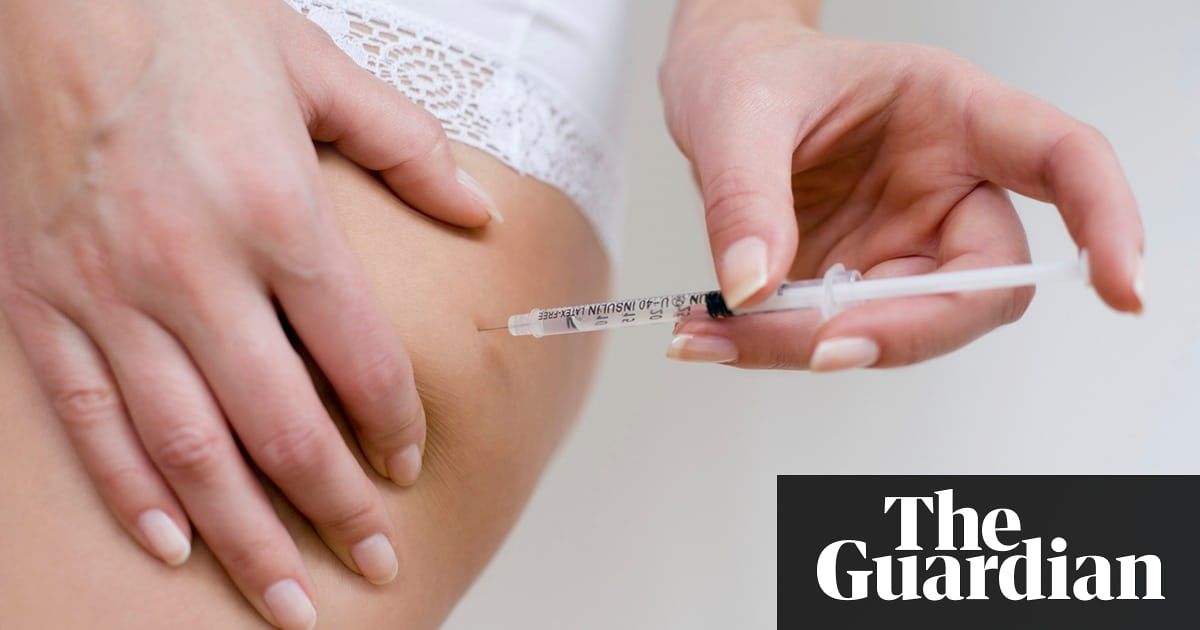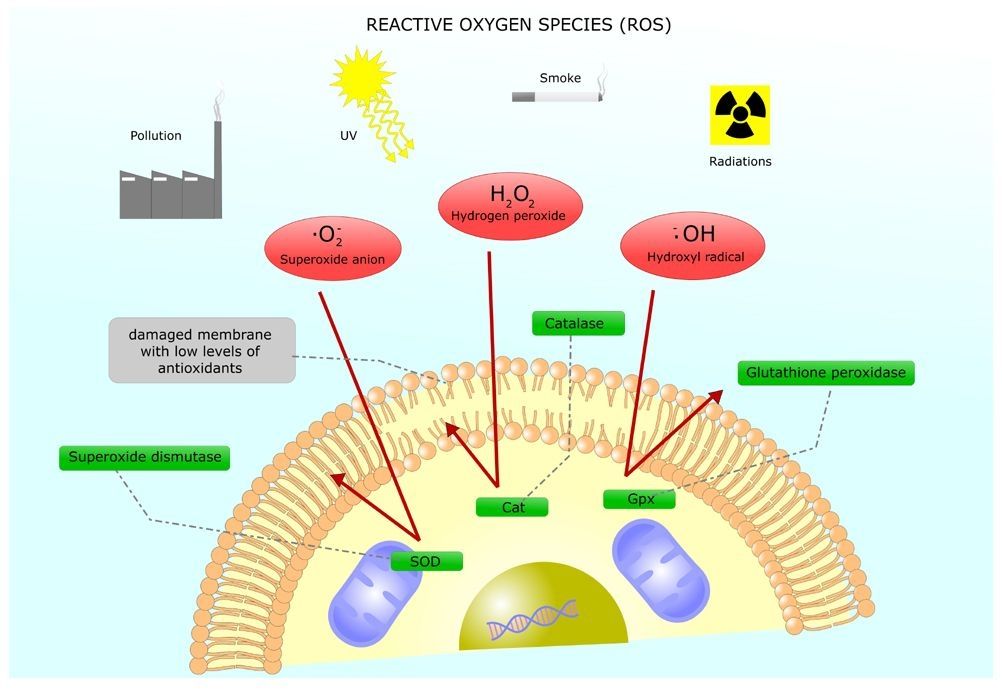Studies of massive genetic databases may lead to new therapies for mental disorders.


Researchers at the University of Cambridge have solved one of the world’s most annoying problems: how to stop the sound of a dripping tap.

Research team successfully administers insulin to rats in capsule form, raising hopes that a version for humans could be developed.

VIENNA (Reuters) — Feel like the world is going to the dogs? Want to get away from it all? Here’s a solution: become a citizen of the nation of Asgardia and hope it makes good on its promise to colonize the moon.
Lembit Opik, Asgardia’s Head of Nation Igor Ashurbeyli and Yun Zhao attend the inauguration ceremony of Asgardia’s first Head of Nation in Vienna, Austria June 25, 2018. REUTERS/Lisi Niesner.


Oculus is launching a TV app for users to check out streaming video content on a big virtual screen on the Oculus Go headset.
The company highlighted Oculus TV at Facebook’s F8 developer conference as one of four new Oculus-built apps that would allow users to get the most out of the inexpensive headset. The app was supposed to launch by the end of May, but we’re finally getting to take a look at it.
Facebook wants a big selling point of the $199 Oculus Go to be that it’s the cheapest home theater you can buy. Oculus TV is a sizable step toward making all of the features related to conventional video viewing available easily. The app will be a free download for existing users of the headset and will come pre-installed on the device moving forward.
The FIFA World Cup 2018 mascot goes along for the ride, too.


If intelligent life is so likely to exist elsewhere in the universe, why haven’t we found it? Well, the chances of us coming across extraterrestrials are not looking good, according to a new study.
Scientists from the Future of Humanity Institute at Oxford University have revealed that we are probably the only advanced civilization out there, although they can’t say for sure. The team came to their conclusion after realizing that Fermi’s paradox and its supporting theories are somewhat flawed. The paradox is the conflict between the probability that intelligent life exists elsewhere in the universe and the lack of evidence of such.

TRX-1 inhibitor TXNIP might be implicated in increased oxidative stress as we age.
According to scientists at the German Cancer Research Center (Deutsches Krebsforschungszentrum, or DKFZ), the enzyme TXNIP, which inhibits the enzyme TRX-1, might be a regulator of aging and might be a viable candidate for future interventions against age-related diseases [1].
Study summary